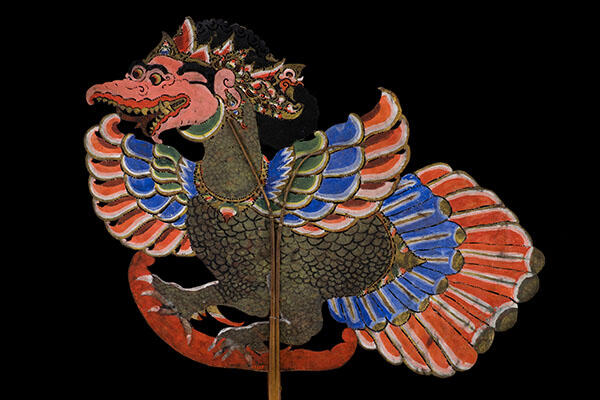


|
|
Ongoing exhibitionOn April 22, 2017, the Peabody Museum of Archaeology & Ethnology celebrated its 150th anniversary year by opening All the World Is Here: Harvard’s Peabody Museum and the Invention of American Anthropology. Located within a restored fourth-floor gallery, this exhibition features an array of over six hundred objects from Asia, Oceania, and the Americas, many on display for the very first time. Together they are woven into a compelling narrative tracing the early history of the museum’s collections and the birth of American anthropology as envisioned and shaped by the museum’s second director Frederic W. Putnam. |
|
Visitors enter the world of a late nineteenth-century museum and are transported into the midst of the 1893 World’s Columbian Exposition where Putnam and the Peabody presented their anthropological vision and collections to a wider world. The exhibits display remarkable and historically significant items including the dog sledge of Arctic explorer Admiral Robert Peary, historic Hopi pottery, and casts of the Hieroglyphic stairway at Copan which were exhibited at the 1893 World’s Columbian Exhibition in Chicago. |
 |
|
|
Today, we continue to revisit the interpretation of the Peabody Museum’s history and the history of early American anthropology presented in this exhibition. As we reckon with our colonial past, we are updating this exhibition to reflect more deeply on the consequences of anthropology and our own institutional entanglements with settler colonialism and imperialism. The changes we are making align with our institutional commitment to ethical stewardship. |
Top: detail of Haida effigy pipe. Carved wood and ivory, with hinged arms. Queen Charlotte Islands, British Columbia, Canada. ca. 1840, Gift of Frederick H. Rindge, 1894, 94-57-10/R195. Shadow puppet, 11-49-70/83325.